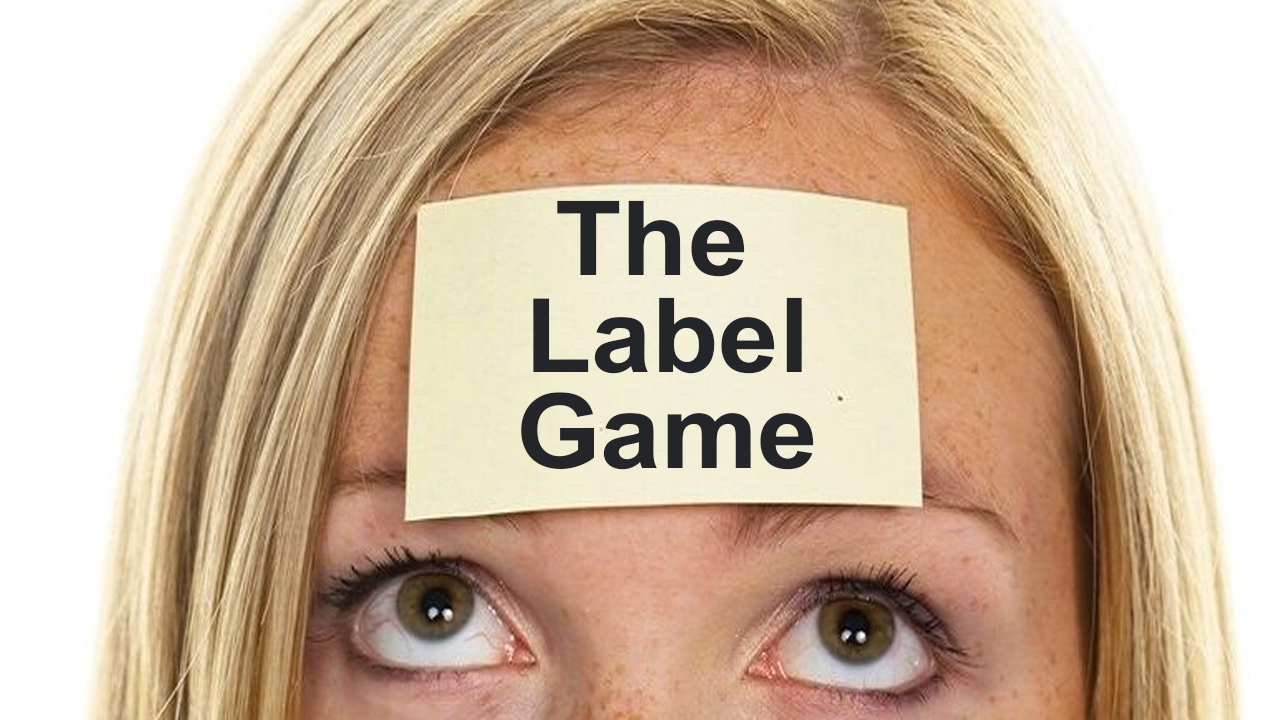The Label Game

Rowena Crosbie Oct 10, 2022 | 3:44 pm
2 min read time
535 wordsBusiness Insights Blog, Training & DevelopmentBY ROWENA CROSBIE, president, Tero International
Those sales people
Those engineers
Those IT people
Those executives
Those millennials
Those baby boomers
When you heard these group labels, what were you thinking? Did you feel defensive if you are a member of one of these groups? Did a stereotype flash in your mind?
In 1967, an experiment was done with elementary school children. The children were randomly divided in two groups. Both groups had participants that were bright and slow. However, the researchers told the teachers a lie. They told the teachers that one group was a slow-starter group. They said these kids are really intelligent, they are just a little behind. In order to realize their potential, they need lots of attention and encouragement. They used the term “spurters” to describe these children.
They told the teachers that the other group of kids were just plain slow and that no amount of extra attention would make much of a difference. What happened was that the teachers showed the “spurter” kids tons of attention and gave them lots of encouragement. They did not give lots of attention and encouragement to the other group.
After some time, the kids who were treated as though they were really smart began scoring significantly better on IQ tests than the other group of kids that were treated without special attention. In reality both groups were average. The difference was what the teachers believed about the students’ potential and how they treated them.
This phenomenon is called the observer-expectancy effect or the Rosenthal effect, named after one of the study’s researchers, Robert Rosenthal.
What the Rosenthal effect has taught us is that labels matter and you tend to get what you expect. As leaders, if you expect people to be bored, sluggish and lazy, you will treat them that way and probably get that kind of behavior from them. If you expect them to be motivated, excited and interested, you will treat them accordingly and probably find that they are excited and motivated.
When organizations divide people into like groups, separate them from each other, and attach labels to them, they are creating an environment not dissimilar to the one the researchers created for their students. That’s precisely what leaders do when they create functional areas within the business, designate work areas for various groups, and assign labels.
It isn’t easy to avoid the game. After all, it makes business sense to have people with similar roles working together. Awareness of the risks may be enough for leaders to create opportunities for mutual respect across the organization.
Those sales people
Those engineers
Those IT people
Those executives
Those millennials
Those baby boomers
It’s no surprise that people in departments treat other groups within the company as if they were competitors. Name-calling, stereotyping, self-promotion and denigrating others are just a few of the common behaviors that exist when the inevitable effect of The Label Game is allowed to flourish.
You’ve had your own experience with expectation-setting if you’ve ever said something like “I’ll go to the event but I won’t have a good time” and found that your prediction was a self-fulfilling prophecy. If you expect you’ll have a bad time, you probably will.
 | Rowena Crosbie View Bio |

Rowena Crosbie
President, Tero International











